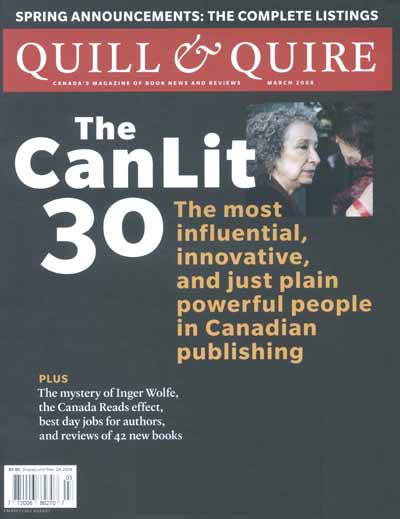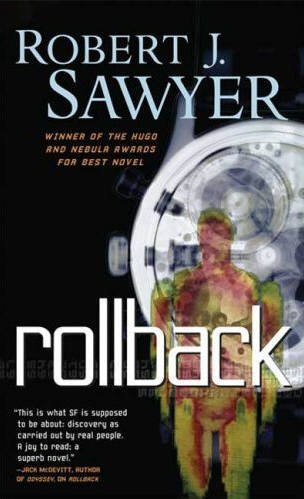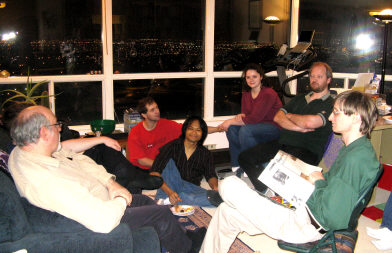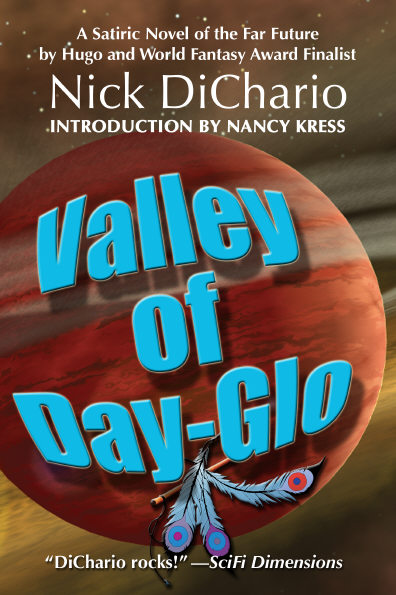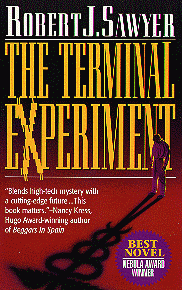
Forty years ago today, Thursday, February 8, 1968, the original
Planet of the Apes arrived in theaters. It is, in my opinion, one of the very best science-fiction films ever made, and was hugely influential on me and my career.
Its stature wasn't always obvious to everyone, though, and, indeed
The New York Times was rather dismissive in its review (written by the then 29-year-old Renata Adler), which appeared the next day:
"PLANET OF THE APES," which opened yesterday at the Capitol and 72d Street Playhouse, is an anti-war film and a science-fiction liberal tract, based on a novel by Pierre Boulle (who also wrote "The Bridge on the River Kwai"). It is no good at all, but fun, at moments, to watch.
A most unconvincing spaceship containing three men and one woman, who dies at once, arrives on a desolate-looking planet. One of the movie's misfortunes lies in trying to maintain suspense about what planet it is. The men debark. One of them is a relatively new movie type, a Negro based on some recent, good Sidney Poitier roles -- intelligent, scholarly, no good at sports at all. Another is an all-American boy. They are not around for long. The third is Charlton Heston.
He falls in with the planet's only human inhabitants, some Neanderthal flower children who have lost the power of speech. They are raided and enslaved by the apes of the title -- who seem to represent militarism, fascism and police brutality. The apes live in towns with Gaudi-like architecture. They have a religion and funerals with speeches like "I never met an ape I didn't like," and "He was a model for all of us, a gorilla to remember." Some of them have grounds to believe, heretically, that apes evolved from men. They put Heston on trial, as men did the half-apes in Vercors's novel "You Shall Know Them." All this leads to some dialogue that is funny, and some that tries to be. Also some that tries to be serious.
Maurice Evans, Kim Hunter, Roddy McDowall and many others are cast as apes, with wonderful anthropoid masks covering their faces. They wiggle their noses and one hardly notices any loss in normal human facial expression. Linda Harrison is cast as Heston's Neanderthal flower girl. She wiggles her hips when she wants to say something. -- R.A.
In 2001 the United States Library of Congress deemed the original
Planet of the Apes "culturally significant" and selected it for preservation in the National Film Registry.
Odd, from four decades on, to see what a first viewer picked up on, and what she missed.
That it is a liberal film is very true, I think, but the reviewer seems to sneer the term, making it the pejorative it so often is in the US today; it is good, though, that she saw it as an anti-war film, since it is very much indeed that.
The exterior of the spaceship, I think, is absolutely lovely, one of the nicest ever put on film (and based very much on NASA's winged
Gemini variant that had been on the drawing boards then); to call it "most unconvincing" seems groundless.
The comment about the "Negro" astronaut, of course, is of its time -- but the notion that the character is based on
other movie characters is wrong-headed; the portrayal of a black astronaut, and a black scientist, was a significant social statement (one Stanley Kubrick utterly failed to echo in
2001, which came out the same year). The dismissiveness in the review is ... well, may we all be forgiven for things we wrote decades ago.
Even in 1968, there was no way at all that any educated person could say that the humans portrayed on screen where "Neanderthals." This relates to discussion
elsewhere in my blog about why people look down on genre fiction: genre expects a familiarity with a canon beyond just a handful of works, and an understanding of science. A person who confuses a Neanderthal with a
Homo sapiens simply is using big words that he or she doesn't understand.
The notion that Linda Harrison is overtly sexual in the film ("wiggles her hips") is simply not supported by what was on screen. It's a kind of reviewing I hate -- when the reviewer decides he or she has a line that will make him or her look oh-so-clever and so shoves it in regardless of whether it is an accurate response to the work in question.
And, of course, the attempt by the reviewer to spoil the fun -- to draw attention to the question of what planet this really is -- is simply unfair, in my view. A reviewer is welcomed to say that the ending sucked; a reviewer is not entitled to spoil the ending so that he or she can affect an ennui-laden yawn and look down his or her nose at the reader and say, "Oh, come on, surely you saw it coming!"
"I'm a seeker too. But my dreams aren't like yours. I can't help thinking that somewhere in the universe there has to be something better than The New York Times. Has to be." -- Colonel George Taylor, more or less
The Robert J. Sawyer Web Site
Labels: Planet of the Apes

